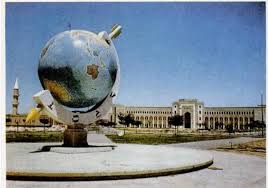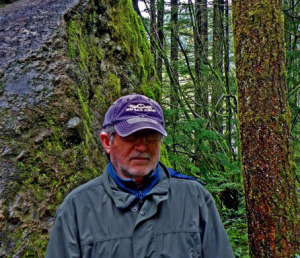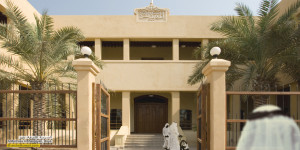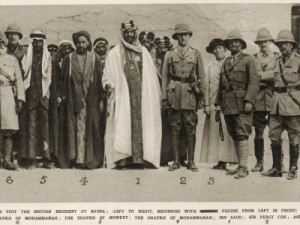No other group of Middle East countries have ever sought so tenaciously to keep a foreign blockade against one of their neighboring countries in modern times. With the exception of about three absolute Arab regimes along the Persian Gulf who fought tooth and nail to keep the Western Blockade against Iran.
President Obama is reported this week to have arranged telephone calls with the king of Saudi Arabia and the crown prince of Abu Dhabi (effective ruler of the UAE). The goal is to explain to these potentates the nuclear deal with Iran. American media claim that Mr. Obama seeks to explain the Iran nuclear deal “to the Arabs“. Except that the Saudi king rules over only about 17 million citizens, the Abu Dhabi (UAE) potentate rules over only about one million citizens. These two potentates may speak for their own citizens only (maybe). They don’t represent 250-300 million Arabs extending from the Persian Gulf to the Atlas Mountains. Most of these other non-Gulf Arabs don’t oppose this deal. There are also many people along the shores of Gulf, from Oman through Dubai, Bahrain, Qatif and other places who don’t oppose it. The rulers of Saudi Arabia, and much of their “inland” Wahhabi peoples, plus the rulers of Bahrain and their local allies, and many in Qatar (only the tiny minority who are citizens) are probably among the strongest opponents of the deal and support continuation of the Western Blockade.
As are Salafis along the Gulf and across other Arab regions, including the likes of ISIS (DAESH) and Al-Nusra and many of their leading Abu’s. They join the Israelis and their strong American lobby in pushing for a continuation of the blockade as the second choice if an American war is not on the table. The nuclear program has never been the real issue for these bedfellows: it is more about the expansion of Iranian political influence across the region.
Most Arabs in the Eastern Mediterranean support the deal and the lifting of the Western blockade, or are at least indifferent. Most in North Africa, from Egypt to the farthest western Arab country of Morocco also hold the same position. But then there is hardly any Iranian political influence across North Africa.
Cheers
Mohammed Haider Ghuloum 
[email protected]




